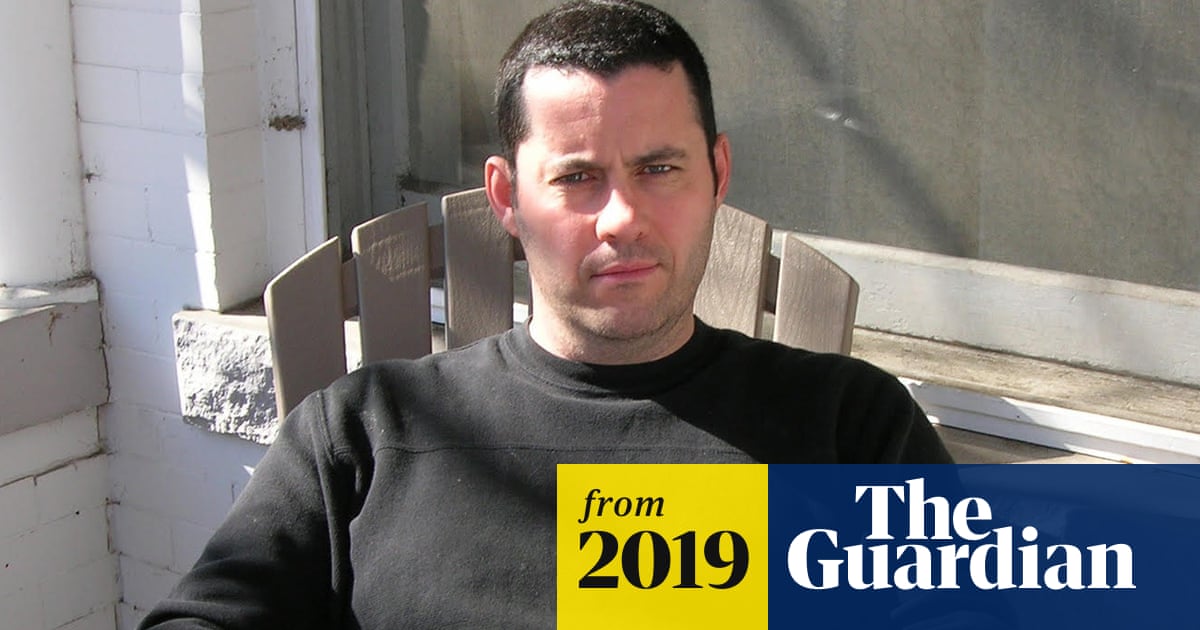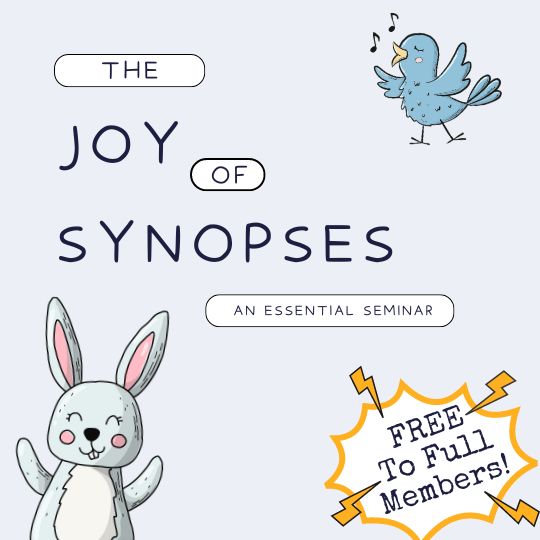30 some years ago I bought a very nice dinner (well, my then newspaper bought) for a new fantasy author, Terry Brooks. He'd become a bestseller with The Sword of Shanara, but told me about how wasn't able to convince himself he could quit his day job until his fourth best-seller was done. Before that, he kept the day job.
GRRM spent 10 years doing the day job and writing, before he found a day job as a college writer in residence, and then as a TV story consultant (so not living off his book revenue). He didn't make a living off his many, many, many novels and stories until much later.
Tolkien never quit his day job.
The list goes on.
Quitting the day job is a luxury, or a lifestyle choice (the choice being, if you decide you don't need much money).
The USBoLS numbers I mentioned above are broken down by a lot of folks indicating there are about 1,000 full time novel writers in the US. I'm not linking their work because I don't really trust it, but it's probably good for a ballpark. The top third mean for novel writer earnings is $75,000 a year (okay, a few make a lot, but most do not). the bottom third mean is estimated at $35,000 a year (i'm guessing this is much more of a clump). But that's 1,000 in a nation of 335 million. Assuming the UK has similar sorts of percentages, the UK has 20 percent of the US population, so 200 full time writers.

 awfullybigblogadventure.blogspot.com
awfullybigblogadventure.blogspot.com








